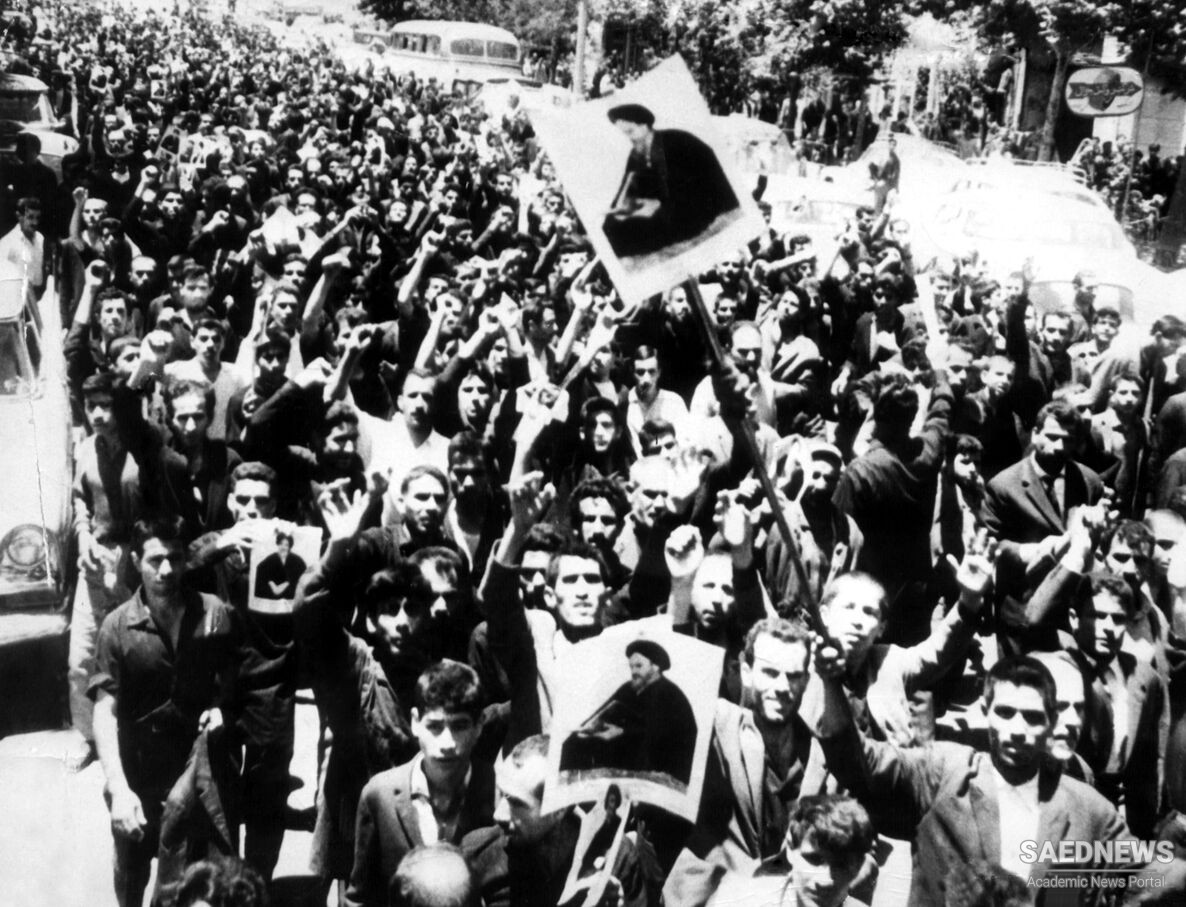In Islam, then, government has the sense of adherence to law; it is law alone that rules over society. Even the limited powers given to the Most Noble Messenger (s) and those exercising rule after him have been conferred upon them by God. Whenever the Prophet (s) expounded a certain matter or promulgated a certain injunction, he did so in obedience to divine law, a law that everyone without exception must obey and adhere to. Divine law obtains both for the leader and the led; the sole law that is valid and imperative to apply is the law of God. Obedience to the Prophet (s) also takes place in accordance with divine decree, for God says: “And obey the Messenger”(Qur’an, 4:59). Obedience to those entrusted with authority is also on the basis of divine decree: “And obey the holders of authority from among you”(Qur’an, 4:59). Individual opinion, even if it be that of the Prophet (s) himself, cannot intervene in matters of divine law; here, all are subject to the will of God.
Islamic government is not a form of monarchy, especially not an imperial one. In that type of government, the rulers are empowered over the property and persons of those they rule and may dispose of them entirely as they wish. Islam has not the slightest connection with this form and method of government. For this reason, we find that in Islamic government, unlike monarchial and imperial regimes, there is not the slightest trace of vast palaces, opulent buildings, servants and retainers, private equerries, adjutants to the heir apparent, and all the other appurtenances of monarchy that consume as much as half of the national budget. You all know how the Prophet (s) lived, the Prophet who was the head of the Islamic state and its ruler. The same mode of life was preserved until the beginning of the Umayyad period. The first two [caliphs] adhered to the Prophet’s (s) example in the outer conduct of their personal lives, even though in other affairs they acted to the contrary, which led to the grave deviations that appeared in the time of ‘Uthmān, the same deviations that have inflicted on us these misfortunes of the present day.
In the time of the Commander of the Faithful (‘a), the system of government was corrected and a proper form and method of rule were followed. Even though that excellent man ruled over a vast realm that included Iran, Egypt, Hijāz3 and the Yemen among its provinces, he lived more frugally than the most impoverished of our clergy students. According to tradition, he once bought two tunics, and finding one of them better than the other, he gave the better one to his servant Qanbar. The other he kept for himself, and since its sleeves were too long for him, he tore off the extra portion. In this torn garment, the ruler of a great, populous, and prosperous realm clothed himself.
If this mode of conduct had been preserved, and government had retained its Islamic form, there would have been no monarchy and no empire, no usurpation of the lives and property of the people, no oppression and plunder, no encroachment on the public treasury, no vice and abomination. Most forms of corruption originate with the ruling class, the tyrannical ruling family and the libertines that associate with them. It is these rulers who establish centers of vice and corruption, who build centers of vice and wine-drinking, and spend the income of the religious endowments constructing cinemas.
If it were not for these profligate royal ceremonies, this reckless spending, this constant embezzlement, there would never be any deficit in the national budget forcing us to bow in submission before America and Britain and request aid or a loan from them. Our country has become needy on account of this reckless spending, this endless embezzlement, for are we lacking in oil? Do we have no minerals, no natural resources? We have everything, but this parasitism, this embezzlement, this profligacy all at the expense of the people and the public treasury have reduced us to a wretched state. Otherwise he [the Shāh] would not need to go all the way to America and bow down before that ruffian’s desk, begging for help.


 Constitutional Monarchy, Will of People and Diluted Theocracy in Early Modern Persia
Constitutional Monarchy, Will of People and Diluted Theocracy in Early Modern Persia














































